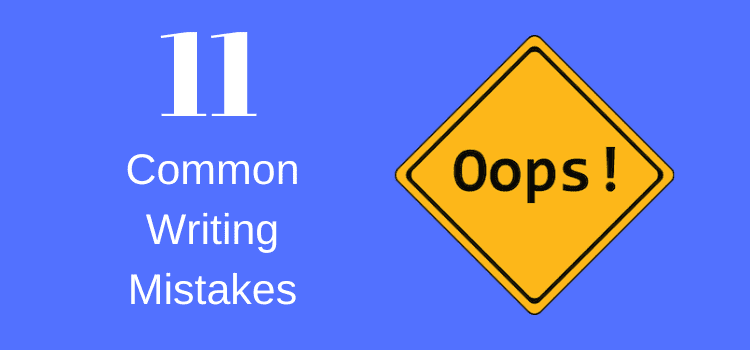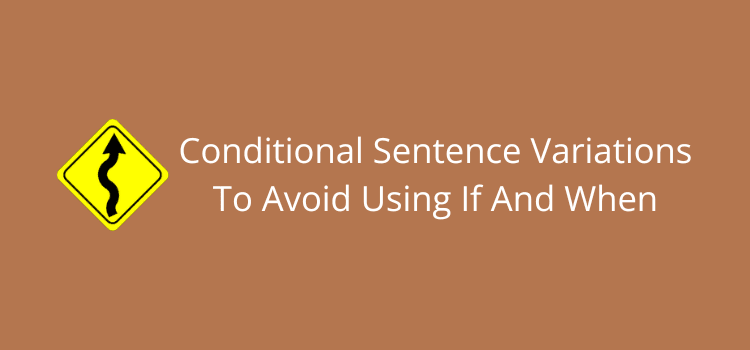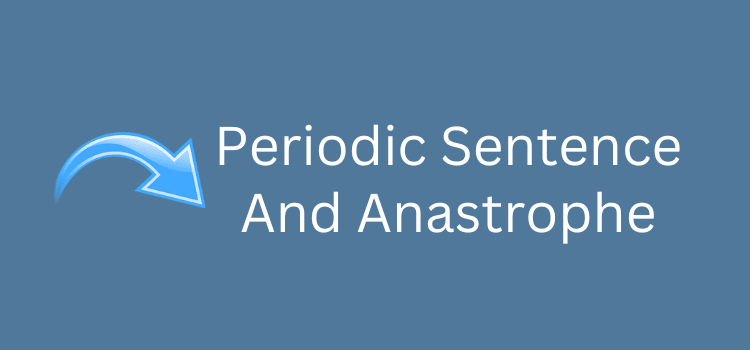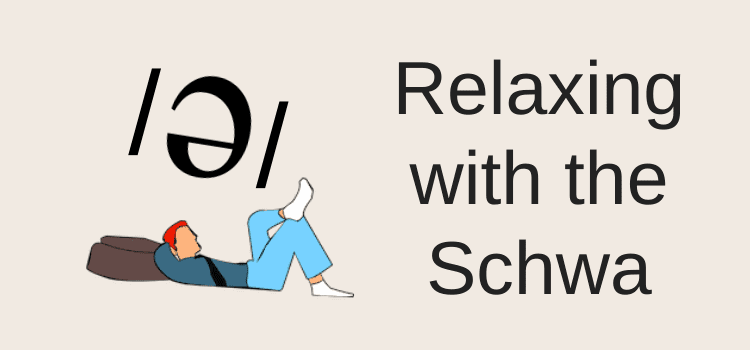
As a new writer, you need to avoid the most common writing mistakes.
There isn’t a writer who has absolutely perfect grammar control, and even professional writers usually need an editor. When it comes to spelling and grammar errors, every writer makes mistakes.
As much as you try to avoid as many as you can, there are some that can slip under your radar.
Every writer has a passion for writing, but there isn’t one who is perfect. We all need to check carefully.
Don’t trust grammar checks
We have access to so many online spelling and grammar checkers, but none of them are foolproof.
They can certainly find many common grammar mistakes and do a reasonable spell check.
But there are regional variations in English spelling, and a grammatical error in US English might not be so in British English.
No matter how good or expensive your electronic writing checker is, it will always miss many mistakes that only accurate human proofreading will find.
The 11 most common writing mistakes
Listing every possible error here would make for a very long list.
But here is a list of eleven frequent mistakes that always seem to cause problems.
It’s not to say that you make these errors, but no first draft is error-free.
Errors can slip through in your writing as typos, and you will only find them when you are proofreading.
So perhaps this is more of a checklist to help you correct drafts of your texts.
1. Common misspellings
You need to be careful with spelling errors because English language spelling varies so much between US and UK English.
In particular, double letters in words like travelling as opposed to traveling is a common difference.
But the list of commonly misspelled words below applies to both forms.
The correct word spelling is in blue, and the common mistakes in spelling are in red.
accommodate – accomodate
achieve – acheive
appearance – appearence
bizarre – bizzare
cemetery – cemetary
conscious – concious
disappear – dissapear
ecstasy – ecstacy
foreseeable – forseeable
happened – happend
incidentally – incidently
independent – independant
liaise – liase
necessary – neccessary
occurrence – occurance
politician – politican
resistance – resistence
separate – seperate
successful – succesful
threshold – threshhold
unforeseen – unforseen
2. Apostrophes
Incorrect or missing apostrophes are always a challenge to find.
They are so small and so easy to miss.
The most common writing mistakes occur when an apostrophe is missing or misplaced in subject-verb contractions.
It’s – It is
We’re – We are
They’re – They are
He isn’t – He is not
But there are more issues when it comes to possessives.
Be careful of the placement after words that end with an S.
Brian’s car
Susan’s house
Doris’ phone
Always check these carefully when you are checking your writing because errors with apostrophes are easy to make.
3. To and Too
Every writer knows the difference, but it is an easy typo to make.
To as a preposition is usually followed by a noun.
I went to the mall.
These shoes belong to Jason.
The infinitive To comes before a verb.
To run
To jump
Too is an adverb that means to a higher degree or in addition.
The jeans were too tight for him.
I was hoping you could come too.
4. Misused words
Apart from spelling mistakes, there are some words, particularly homonyms, that are simply in the wrong place or context.
These words sound the same, and both spellings are correct, but a spell checker might not recognize them as an error.
These types of words are always worth a check with the human eye.
Lose vs. Loose
Tow vs. Toe
Moot vs. mute
Pique vs. peak
Board vs. Bored
Weather vs. Whether
Bated vs. Baited
Sea vs. See
Mincemeat vs minced meat
Persons vs. people
5. Quotation marks
Quotation marks are often overused, especially when trying to indicate sarcasm or emphasis.
It is not a great writing style, and there are always better ways to express yourself.
Instead of trying to indicate a snide remark with quotation marks, it’s better to rewrite the sentence as truth.
Oh yes, I just “adore” politicians. (Sarcasm)
I really don’t like politicians at all. (Truth)
6. Using ‘They’ when referring to an entity
An entity such as a company, although employing several individuals, is not usually plural.
You should refer to it as a single entity. Yet we sometimes see texts that refer to an entity as they.
However, a company or a sporting team should take the pronoun it and the singular third-person verb.
Apple is the biggest computer company in the world. It sells lots of iPhones.
Amazon is a bookseller, and it has a huge market share.
However, there is singular and plural confusion because, in UK English, an entity can be plural.
You need to choose the grammatically correct way of referring to an entity, brand, or business for your form of English.
7. Pronoun Errors
Pronoun errors happen when the pronoun doesn’t match the noun or subject it refers to.
When the noun is singular, the pronoun should be singular.
Here’s a quick example.
Incorrect Use: Everyone needs to bring their own dinner.
Correct Use: Everyone needs to bring his or her own dinner.
Some writers prefer not to acknowledge gender differences. But it’s still important to stay within the grammar rules of singular or plural agreement.
8. Whether / If
You know you’ve misused these two words at some stage. That is because it’s easy to make a mistake.
The two words are not interchangeable, and each has its own use.
Whether is used when there are alternatives.
I wonder whether we should go home or stay here.
If is used when there are no alternatives.
What if we just stayed here?
9. Incomplete Comparisons
This is so common that it is one of the most common writing mistakes.
But if you don’t know it’s wrong, how can you correct it?
Here’s a simple example.
My house is bigger, better and cheaper.
It is an incomplete comparison because it isn’t comparing to anything. Bigger, better, and cheaper than what?
If you are stating that you are comparing something to another, you need to be clear about both sides of the comparison.
My house is bigger, better and cheaper than yours.
Always check that you use than in your comparison sentences.
10. Comma splice
A comma splice happens when two sentences are joined with a comma instead of a full stop (period) or semicolons.
I wanted to go out for dinner before we went to the cinema, however I decided to go after instead. (Incorrect)
I wanted to go out for dinner before we went to the cinema. However, I decided to go after instead. (Correct)
11. Me / Myself / I
These words get confused all the time. But it is easy if you follow the grammatical rules.
I is used as a subject.
I went to town with my brother.
Me is used as an object.
My mother gave me a new jacket.
Myself is a reflexive pronoun and is used when you refer to your own action.
Look! I painted the house all by myself.
The most common mistake is with two subjects.
Julia and me went to town yesterday. (Incorrect)
Julia and I went to town yesterday. (Correct)
Conclusion
When you write, mistakes and errors will always happen.
But the key to good writing is being able to find and fix the most common writing mistakes.
When you make a mistake, try to train your brain to remember the mistake and the correction.
The more you learn about grammar, the better you will write.
Related Reading: Using They As The Third-Person Singular Personal Pronoun
Share This Article



Writing the English language never made any sense to me, why are there, 3 there’s, or 3 to. I have no problems learning anything, but I first have to understand the reasoning behind the rule, which there is none. That’s why I find it so difficult. One two would work, I think? I will be 97 years old when I get it, but I will get it, right, or write or rite. Maybe.I’ll be 101 years old.
Thank you for posting this am always worried before writing anything
Found this article quite useful. I might add two of my pet problems: the use of therefor (in return for) and therefore (for that reason) and affect (to influence) and effect (result)
Thank you so much, for sharing your article. I zeroed in on paragraph numbers
6: Using ‘They’ when referring to an entity, and 7: Pronoun Errors. of which I catch myself making these writing errors quite a bit.
Thanks for a great article! I especially appreciate the distinction between ‘if’ and ‘whether,’ which I had not grasped before.
Sorry Lisa, the proper spelling is chauffeur, which is the French word for driver.
Thanks for all the other good advice for accurate writing.